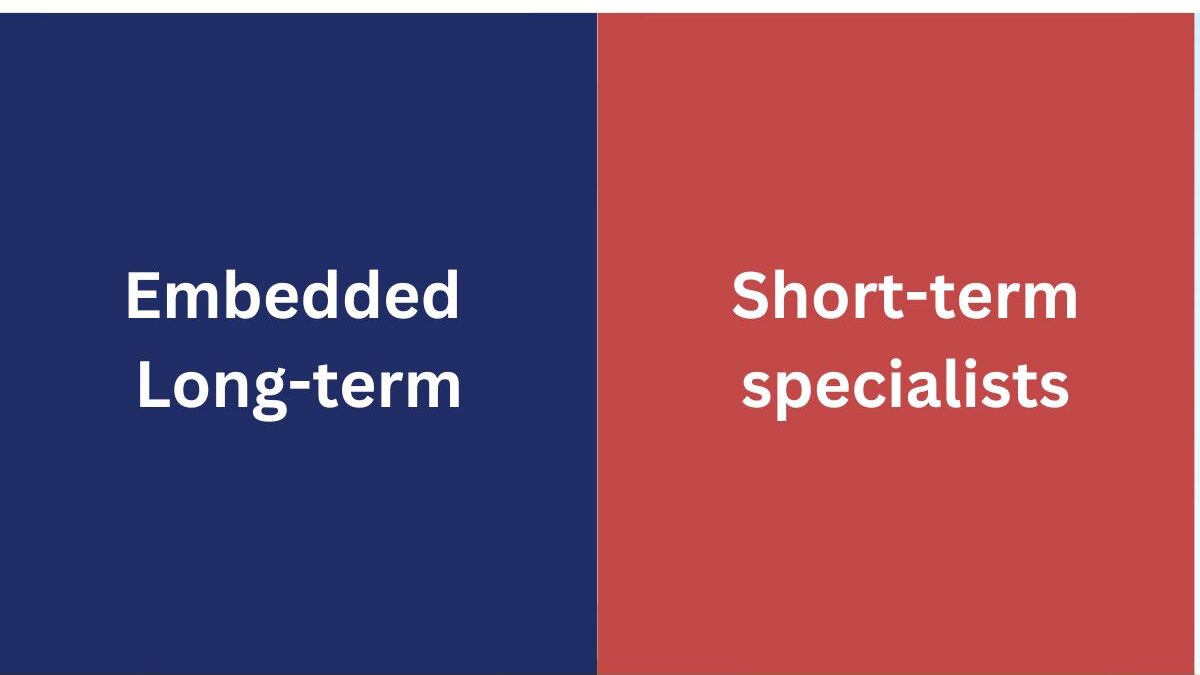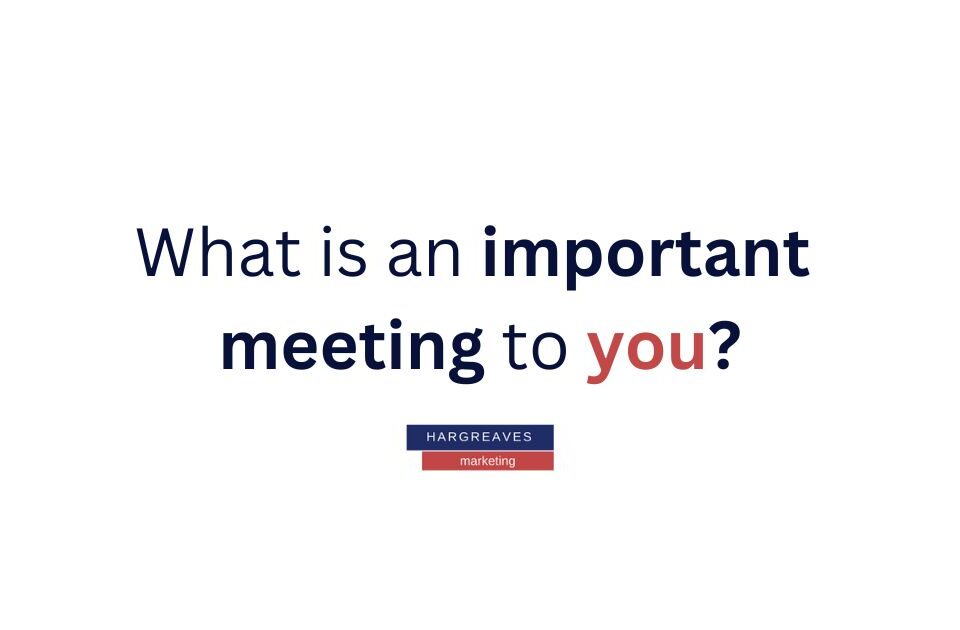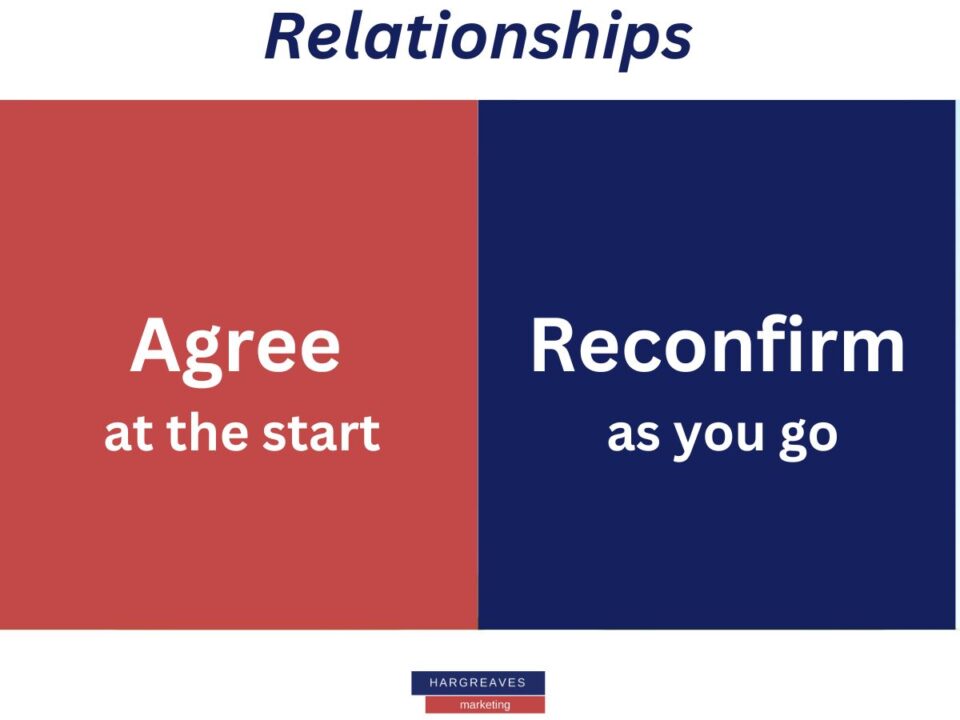The Perfect Pitch Requires Improving Both Standards and Consistency
3rd March 2023
How to keep client-consultant relationships positive, productive and sharp
25th March 2024Which type of business consultant do you need right now? Someone embedded for the long term who knows you and your company well or a short term specialist who knows their subject better than most?
The answer to this question depends on two things. Firstly the problem that you need to solve and secondly your attitude to dealing with external consultants.
If your problem is fairly standard and you already have a business consultant or coach then it often makes sense to just bring it in to the normal conversation. So if you normally meet your consultant every month, then that issue would be part of the agenda. Client-consultant relationships like this are common and can last for years. Both parties can form a strong trusting relationship and cover a wide variety of topics.
In contrast there will be those issues that are non-standard which fall outside of both your knowledge and that of your business consultant. The more specialist the problem the less likely either you or your consultant will be able to deal with it effectively.
There are pros and cons for both types of client-consultant relationships.
With the long-term relationship the pros include the deep trust and the knowledge both of each other and the business. There can also be downsides of course. These can include complacency, trying to handle problems without the required expertise and an avoidance of addressing key issues in order to protect the client-consultancy relationship.
One of the criticisms levelled against consultants is that they are brought in to help with one job, but then they never leave. There is always another problem to discuss. Consultants can become almost part of the payroll. Sometimes they are regarded so highly that they become part of the payroll as an employee.
Of course while the client-consultant relationship is delivering value there is no problem. However, what can happen with time is that the value can gradually diminish.
The specialist type of consultant is hired to help solve a problem related to a specific expertise that consultant has. The consultant will be involved long enough to solve the problem, or at least contribute to solving the problem. After this they will then leave. The advantages of this arrangement include on the pros side that there should be a level of intensity and increased specialist capability to contribute to solving the problem. The disadvantage may be seen as the consultant needs time to learn about your business and develop trust from a zero starting point.
Since starting my business Hargreaves Marketing Ltd I have become familiar with both approaches. In the first several years virtually all the revenue was generated through working for the same clients. The advantages of this from the consultant’s perspective is that you get to know the client and the client’s business extremely well. Naturally there are downsides too. By being totally immersed in the client’s business it is possible to neglect the development of your own business.
A consultant’s value really is judged by what we are able to contribute in meetings, discussions and projects. A consultant therefore always has to be learning new things and therefore needs to invest the time to do so.
The big question is what should be learned? Well that depends on whether the consultant wants to be a generalist or specialist. This in itself can be a very difficult question to answer. To be a generalist means having a broad knowledge of many things. To be a specialist means being known for being extremely good at something.
Having spent the first several years being a generalist the challenge for me was to become a specialist. This has meant starting from a generalist position then continually drilling down further into a number of related subjects to develop a value proposition based around specialist knowledge, capabilities and skills. This of course is a very challenging and never ending task, but is currently what drives me.
If you have been thinking about hiring a business consultant or coach, hopefully this post will help.



